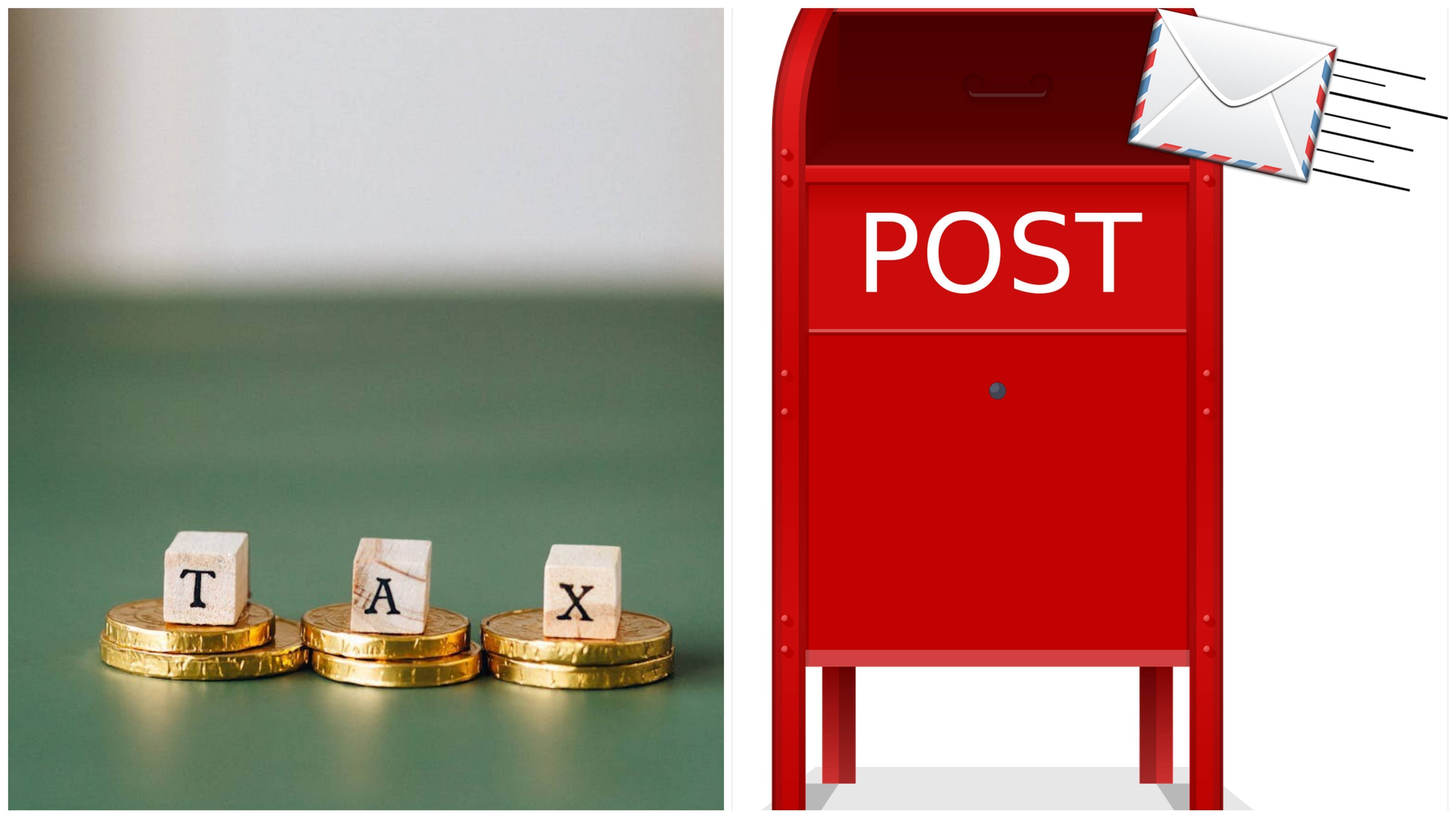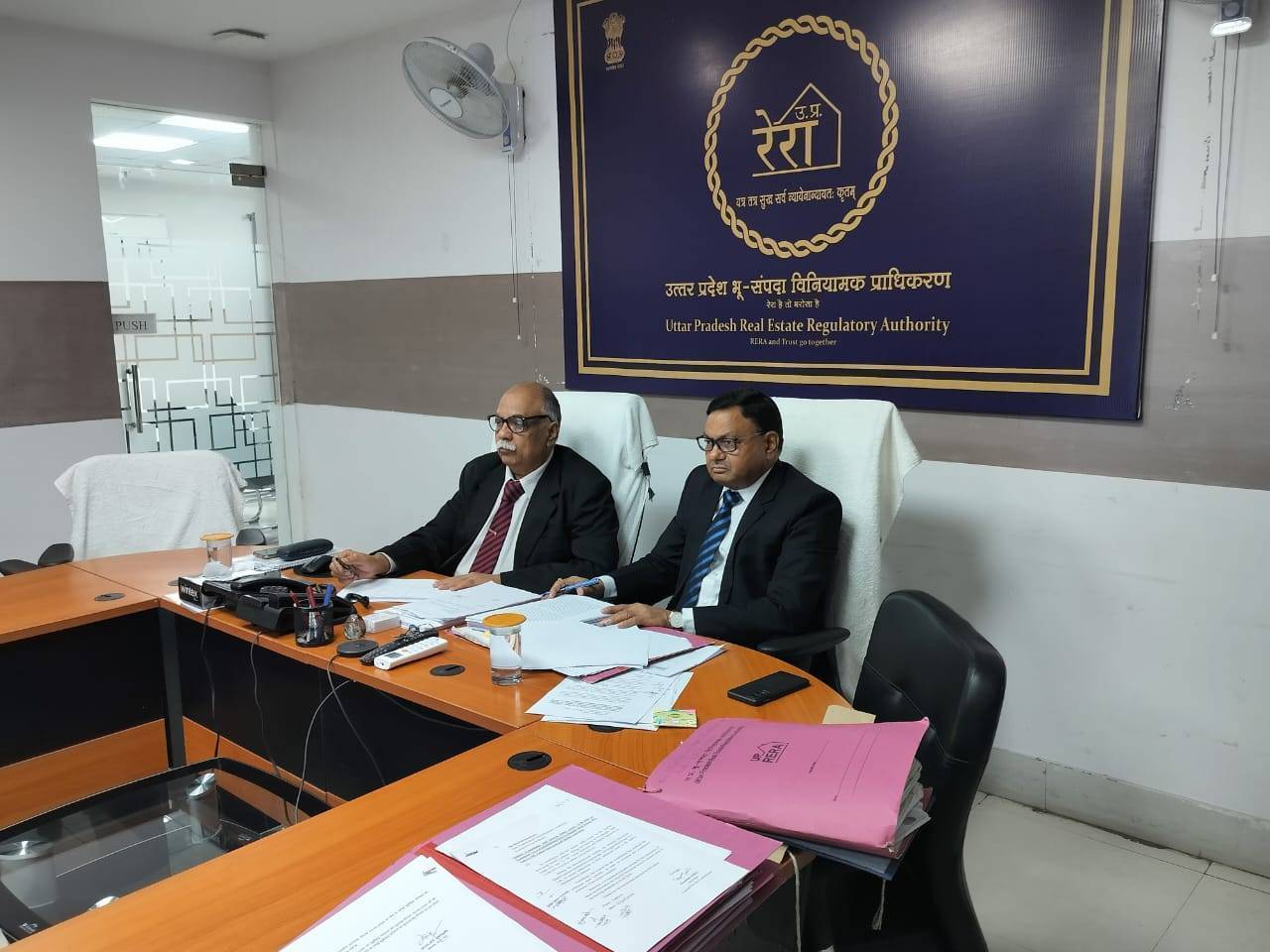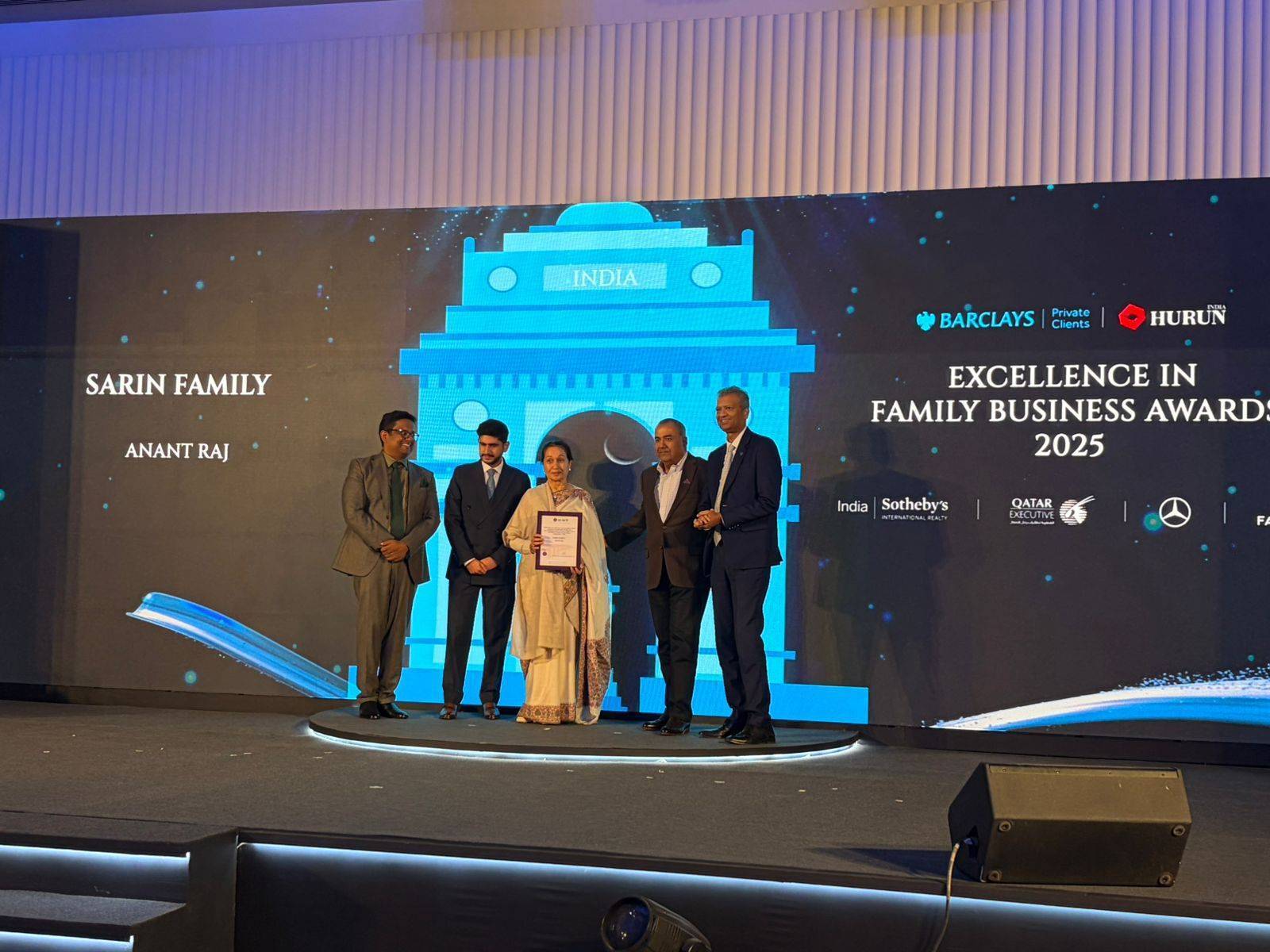The Nagpur Municipal Corporation (NMC) is encountering significant hurdles in its property tax collection efforts for the fiscal year 2024-25 due to widespread delivery failures by India Post. A considerable proportion of tax invoices issued to property owners across the city’s 10 zones have been returned undelivered. Out of the total 5,64,188 invoices dispatched, 1,89,190 bills—approximately 33.53%—were returned due to issues such as incorrect addresses and locked homes.
Despite NMC’s efforts to improve the delivery process, including a new agreement with India Post to handle the distribution of tax invoices, the execution has fallen short. NMC had allocated ₹32 per article for delivery through speed post, aiming to enhance the efficiency and reliability of the process. However, the service has been marred by delays and errors, leading to a significant disruption in tax collection.
Impact on Property Owners and NMC’s Revenue
The consequences of these delivery failures extend beyond administrative inconvenience. Approximately 1.89 lakh property owners who did not receive their invoices on time missed out on a crucial financial incentive. NMC had offered a rebate of 10% for offline payments and 15% for online payments if the taxes were settled by June 30. This rebate was intended to alleviate the financial burden on residents and promote timely payments. The missed opportunity for these rebates has resulted in higher tax liabilities for many property owners, affecting their financial planning.
To mitigate the issue, NMC has decided to manually distribute the remaining invoices. Teams from all 10 zones will now undertake this task directly. However, this manual intervention is expected to introduce additional delays into the already strained tax collection process. The current outstanding property tax arrears amount to nearly ₹850 crore, while the demand for the current financial year is ₹280 crore. The backlog and delays in distribution highlight the urgent need for a more efficient system to manage tax invoices and revenue collection.
Regional Disparities in Invoice Delivery
The problems with invoice delivery have varied significantly across different zones in Nagpur. The Nehru Nagar zone reported the highest rate of returns, with 41,419 out of 84,206 bills being returned, resulting in a 49.18% undelivered rate. This zone has faced the most severe delivery issues, indicating systemic problems in this area. Similarly, the Hanuman Nagar zone experienced a 30.12% return rate, reflecting substantial challenges in managing tax invoice distribution.
Other zones have also encountered notable issues. In Ashi Nagar, 16.69% of invoices were undelivered, while Dharampeth saw a 25.30% return rate. Gandhibagh and Mangalwari zones reported return rates of 16.59% and 19.83%, respectively. The Satranjipura zone had a 14.96% return rate, and Dhantoli experienced the lowest return rate at 5.21%. These figures underscore the extent of the problem and highlight that some areas are faring better than others.
Implications for Civic Infrastructure and Revenue Generation
The failure to deliver invoices not only disrupts tax collection but also poses a threat to the financial stability of NMC. Property tax is a critical revenue source for the corporation, essential for funding civic infrastructure projects such as road repairs, sanitation, and public amenities. The undelivered invoices and the resulting financial shortfall could impede the corporation’s ability to maintain and develop these crucial services.
To address these challenges, NMC must enhance its address verification processes and update property records to reduce future delivery failures. Accurate address data and improved communication with property owners will be key to ensuring timely receipt of tax bills. Additionally, exploring alternative distribution methods, such as digital delivery options, could help prevent similar issues in the future and streamline the tax collection process.
The current situation presents a significant challenge for NMC, emphasizing the need for a comprehensive approach to address the root causes of delivery failures and improve the efficiency of tax collection efforts. By taking proactive measures and addressing the issues at hand, NMC can work towards resolving these problems and ensuring a more effective property tax collection process moving forward.









.png)